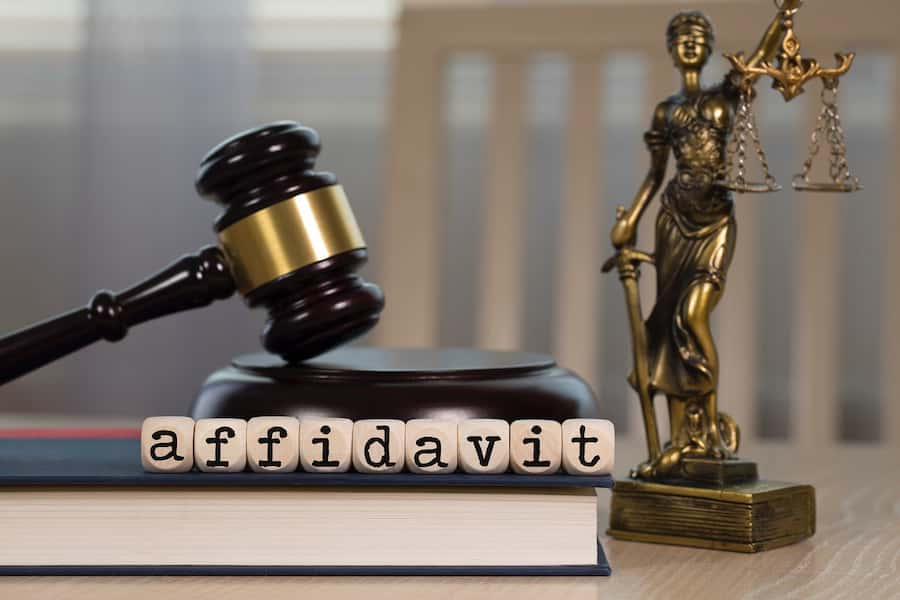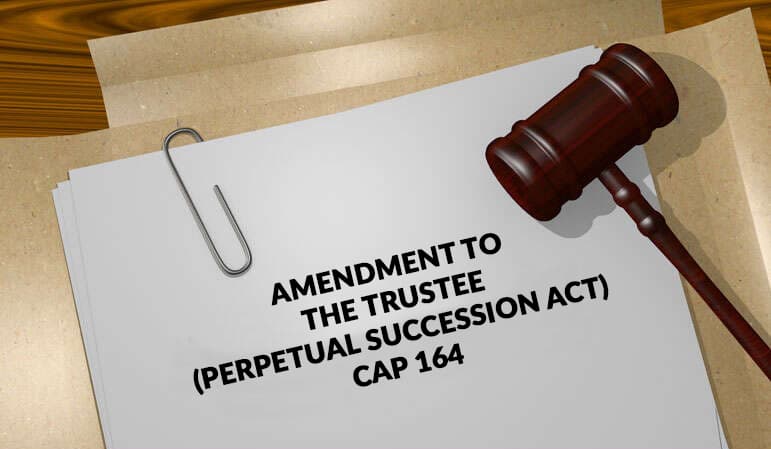DOCTRINE OF PASSING OFF
What Is Passing Off
Passing off is similar to trade mark infringement, but applies to protect unregistered rights associated with a particular business, its goods or services.
The principle underlying the tort of passing off as was lain in the precedent of Perry v Truefitt (1842) is that “A man is not to sell his own goods under the pretense that they are the goods of another man” In each case of passing off, the key issue is the danger of misrepresentation as to the origin of goods or services. If someone leads consumers to believe that their goods or services are connected with another business when they are not, they may give the other business grounds to sue for passing off.
Passing off protects traders’ goodwill in relation to their goods and services. “Goodwill” is the brand reputation which is built-up in relation to specific goods or services and which attracts customers.
Passing off claims can be difficult to prove because claimants need to demonstrate that at least some of the public are at risk of confusion between the two businesses. Also it is not always easy to show that a misrepresentation has been made. It is thus essential for success in a passing off action based on the use of a mark, that you should show that the disputed mark has become so distinctive of your goods so that its use in relation to any goods of the kind you deal in, will be understood by the trade and the public as indicating your goods.
Elements and characteristics of passing off
There are three elements, often referred to as the Classic Trinity, in the tort of passing off which must be fulfilled. The court reaffirmed the three-part test in Reckitt & Colman Ltd v Borden Inc. as follows;
- Goodwill and reputation
One must establish a goodwill or reputation attached to the goods or services which he supplies in the mind of the purchasing public by association with the brand name or a trade description, or the individual features of labelling or packaging) under which his particular goods or services are offered to the public, such that the mark is recognized by the public as distinctive specifically of the one’s goods or services.
- Misrepresentation
One must demonstrate a misrepresentation by another person to the public (whether or not intentional) leading or likely to lead the public to believe that goods or services offered by him are your goods or services.
For the purposes of passing off, there are different kinds of misrepresentation.
- Conventional misrepresentation – an untrue statement is made by another person which induces the public to enter into a contract – for instance, the public is made to believe the defendant’s goods or services are those of the claimant when they are not.
- Reverse/inverse passing off– instead of the public believing that the defendant’s goods are those of the claimant, reverse passing off happens where the defendant makes the public believe the claimant’s goods are its own.
- False endorsement– happens where the defendant falsely represents that the claimant has endorsed a business or product, and the claimant is likely to suffer damage as a result.
- Damage
One must demonstrate that he suffers or that he is likely to suffer damage by reason of the erroneous belief engendered by the defendant’s misrepresentation that the source of the defendant’s goods or services is the same as the source of those offered by the plaintiff.
Passing off remedies
A claimant in a passing off action may claim any of the following remedies:
- An inquiry to establish loss
- Damages for loss of reputation and/or profit
- Seek an account of the lost profit
- An order for the delivery or destruction of the infringing articles or products
- Injunctive relief (either an interim injunction if you need to act quickly or an injunction to prevent further actions that amount to passing off)
Passing off defenses
As passing off is a strict liability offence, defending a claim for passing off can be difficult. There are however available key defenses such as:
- Use of defendant’s own name
- Use other than in the course of trade
- Claimant cannot show sufficient goodwill
- Claimant’s mark is not distinctive
- Claimant’s mark is generic
- Claimant delayed in taking action
- No proof of misrepresentation
- Misrepresentation has not caused damage to the claimant (usually difficult to show once a misrepresentation has been established)
- Claimant gave consent
- Claimant encouraged use of the mark
How can we assist you?
At Netsheria International, we have an experienced team of lawyers who can offer you legal assistance in registering trademarks for your business. Please contact us for our services at info@netsheria.com or visit our website at https://netsheria.com/ for more information on our services.






